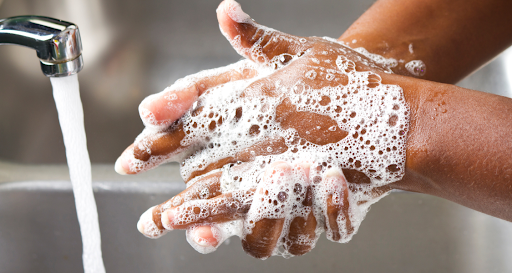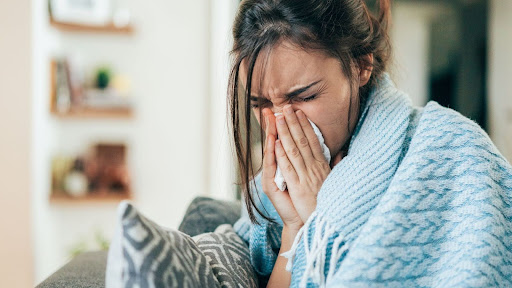What is General Practitioner? What Does a General Practitioner Do?
5 min read
By DocGenie , Published on - 09 July 2022
Imagine, if you will, waking up one day from a night of restless sleep and feeling a little off. You’re not sick, but you’re not feeling a hundred percent either. And you’re not sure who you need or what medicine you need to take.
Maybe you need to talk about a deeply personal health issue. Or you’re struggling with a string of difficult mental health days and the good old societal prescription for “just shake it off” isn’t happening.
Who do you call? Not the Ghostbusters, thankfully. This is a job for a General Practitioner.
General Practitioners, known as Primary Care Physicians (PCP) in some countries, are the first line of defense in the line of medical consultation duties. They’re the ones we first go to when we have health issues and the ones who lead us down the yellow brick road to the right advanced treatments and super-specialists.
In the medical world, general practitioners are the ones who provide continuity of care, i.e. a doctor who looks in on your well-being from time to time. In a different generation, general practitioners were also known as family physicians - they’re the doctors who perform routine exams, refer you to specialists or urgent care, and stay focused on keeping you healthy and out of the hospital.
Conditions Seen by a General Practitioner
Some of the top general physicians in the world conduct routine screenings for commonly seen health conditions or lifestyle diseases such as blood pressure issues, diabetes, cholesterol, and obesity.
General practitioners also help patients with issues such as depression, anxiety, general sexual health, and sexually transmitted diseases, and administer vaccines for children and adults alike. Very often, we see a general practitioner involved in pregnancy, post-natal, and even geriatric care. You can even turn to your GP for minor injuries, scrapes, burns, and nagging pain.
What’s important to note here is that, regardless of the health condition at hand, a consultation with a top general practitioner should ideally blossom into a long-term relationship where they understand you as a person and not just as the symptoms of your disease. For that to happen, it’s very important to find the right doctor.
How to Find the Right General Practitioner for Your Needs
- Begin with a Google Search - Do your research if you’re looking for a GP from scratch. If you’re completely clueless about where to find a good doctor, begin with a Google search; even something as simple as “top general physicians near me” or “top general practitioners near me” will work. Read their reviews, and try and find other patients who have consulted with them for feedback.
- Ask for Referrals - If you don’t know who to consult with and you’re not a fan of online reviews, then the best place to begin with the search is to ask family and friends. People in our networks tend to give the most honest reviews and asking for referrals can help prepare you or put you at ease before you go meet the doctor.
- Assess the Logistics - In an ideal world, we would be able to find every doctor we need with ease and their staff would be great to work with and appointments would be available just as easily with really low waiting times. However, we don’t live in an ideal world and the opposite can be just as true, especially because top-rated general physicians tend to be quite difficult to find.
During the appointment-making process, if you run into issues such as delayed responses or distracted office staff, then consider continuing your search. If it doesn’t feel right, then don’t force yourself into that appointment.
Preparing for a GP Consultation
- Gather your documents along with any test results, reports, and medical history that your doctor needs to know.
- Make a list of all your medications and allergies.
- Make a list of questions you want to ask your general practitioner. We cannot overstate the importance of being a proactive patient who stays well-involved in their health and care.
- Bring a friend or a close family member with you. Many people feel anxious about seeing a doctor on their own, so it’s a good idea to bring someone along with you.
- If you’ve found a top-rated general physician near you and want to meet them in person, then arrive slightly early at the clinic. This will give you enough time to complete the paperwork.
- If you’re doing an online consultation, ensure that you have sent over all your medical records, like your test reports and prescriptions.
- Remember to begin your online consultation on time and to leave feedback once the appointment has concluded.
Remember, the right general practitioner can become a long-term relationship that you can continue to rely on for your and your family’s care. Once you fully understand how the doctor can help, you will also be able to help yourself a lot better.
Author Details

Dr.Rachna Kucheria
MD (Community Medicine) AIIMS New Delhi
MD (Family Medicine) USC California
Obesity Medicine Certification The American Board of Obesity Medicine
30+ Years of experience


